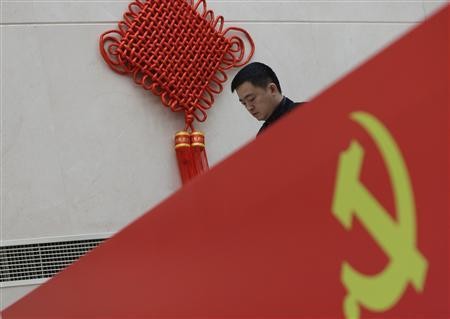During the month of the sessions of the 12th National People's Congress (NPC) and the National Committee of the 12th Chinese People's Political Consultative Conference (CPPCC), both China and the wider world observe in anticipation of the outcomes from the world's second-largest economy.
This year's sessions will involve a more significant business presence, as over 200 wealthy Chinese are registered as delegates.
Of especial interest to onlookers are the differences that distinguish the NPC from the CPPCC. While both are considered China's top two political gatherings, the specific functions of each are not widely known.
As was clarified in the state-run media in China on Wednesday, the key distinguishing feature of the NPC is that it is the country's top legislative organ, and NPC motions are legally binding if they are approved; whereas the CPPCC National Committee is China's top advisory body and is unable to determine legislation, regardless of whether it agrees to proposals from members or not.
NPC deputies, or corresponding bodies, are responsible for the submission of NPC motions. The NPC presidium is then charged with determining the fate of a motion: whether it will be heard before an NPC session, or whether it is first examined by a special committee. A simple majority vote will then decide whether a motion is adopted or not--democracy could not be practiced in a more straightforward manner.
For the CPPCC, members put forward proposals regarding the foremost political and social concerns of the country. Even though the outcomes from the proposals are not legally binding, the department in charge is required to reply to all proposals. While NPC motions must be brought forward during the NPC session, CPPCC members can submit proposals at any time.
The processes of Beijing's political decision-making bodies are not top-secret matters, locked away in President Xi Jinping's office drawers.
Although Western organizations, like research firm Capital Economics, expressed disregard for the two meetings this month, there is a reason that 36 of China's billionaires have signed up to participate: political culture is alive and well throughout the country.



























